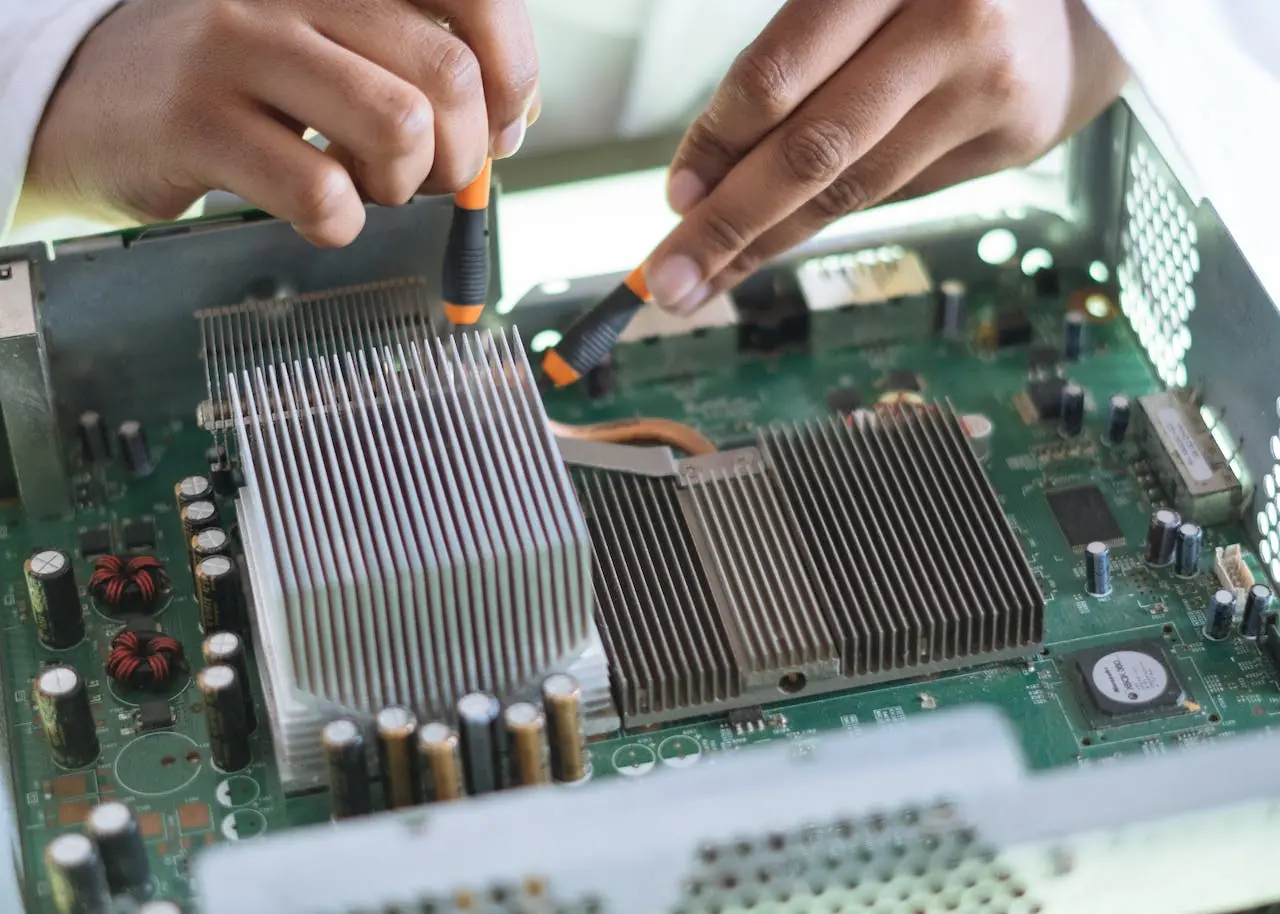According to a Reuters exclusive published on 7 November, Chinese tech giant Baidu has placed an order for artificial intelligence chips with Huawei instead of its usual supplier Nvidia. This marks an important shift away from US-made advanced chips, which Chinese tech companies have historically depended upon.
Baidu has reportedly ordered 1,500 of Huawei’s 910B Ascend chips, a newer version of the chip first launched by Huawei in 2019 – the same year the US began imposing sanctions on the smartphone maker.
Baidu – best known for creating China’s most used search engine – is a frontrunner in China’s AI field, having been the first in the country to launch a GPT-style chatbot. The company is already integrating its large language model ERNIE across its products and has ambitions to develop industry-specific solutions powered by the model.
A source familiar with the matter told Reuters, “They were ordering 910B chips to prepare for a future where they may no longer be able to purchase from Nvidia.” Baidu is a long-term customer of Nvidia’s, but with US semiconductor export controls continuing to ramp up, investing in a domestic supplier could be a shrewd move.
Emerging technologies like artificial intelligence, 5G networks, and quantum computing require cutting-edge semiconductor-enabled devices. China is a net importer of semiconductors, having produced only 5.9% of the semiconductors it used in 2020. A report from Center for Strategic and International Studies published earlier this year found China imported 350 billion USD worth of semiconductors in 2020. This is more than the total value of its crude oil imports.
So far, the 910B Ascend Chip from Huawei is China’s best bet at challenging Nvidia’s dominance in the semiconductor market, but while its raw computing power is solid, it lags far behind Nvidia in terms of overall performance.









